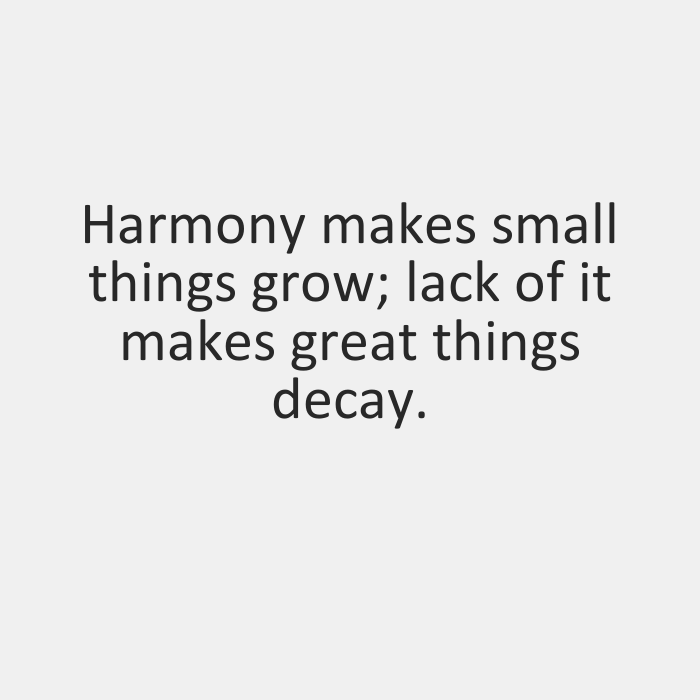
I recently read the book Transcendence authored by Late Dr. A.P.J. Abdul Kalam. The book chronicles the spiritual journey he experienced with Late Pramukh Swamiji of the Akshardham, Swaminarayan movement. Following are a few passages from the book that I found inspirational and instructional.
`My father had told me very plainly, `Abdul, if you surround yourself with the good and righteous, they can only raise you up. If you surround yourself with the ordinary, they will drag you down into the pessimism of mediocrity, and they will keep you there, but only as long as you permit it.` I never permitted that and came thus far listening to the echo of my father`s words.`
Pramukh Swamij has articulated five principles which promote family unity: meet each other; praise and appreciate each other; recognize and acknowledge the talents and virtues of your family members, particularly encouraging children by appreciating them; help each other; and, above all, exercise forgiveness. One should forgive others for their mistakes, errors or omissions. When you forgive, you in no way change the past ` but you surely change the future.
Five questions one needs to ask daily;
First: Did I practice any virtues today` The virtues are indeed habits of the heart we learned from our parents and the primary-school teacher. They are indeed the best parts of us. Did I cross a line today that gave up one of those virtues` Or was I, at least some of the time, a person who showed integrity, trustworthiness, honesty, compassion or any of the other virtues I was taught as a child`
The second: Did I do more good than harm today` Or did I try to` Consider the short-term and long-term consequences of your actions.
The third: Did I treat people with dignity and respect today` All human beings should be treated with dignity simply because they are human. People have moral rights, especially the fundamental right to be treated as free and equal human beings, not as things to be manipulated, controlled or cast away. How did my action today uphold the dignity and the moral rights to which every person is entitled`
The fourth: `Was I fair and just today` Did I treat each person equally unless there was some relevant moral reason to treat him or her differently` Justice requires that we be fair in the way we distribute benefits and burdens. Whom did I benefit and whom did I burden` How did I decide`
The fifth: Was my community better because I was in it` Was I better because I was in my community` Consider your primary community, however you define it ` neighborhood, apartment building, family company etc. Was I able to go beyond my own interests to make that community stronger` Was I able to draw on my community`s strengths to help me in my own process of becoming a better human being``
Article by Vijay Michihito Batra


